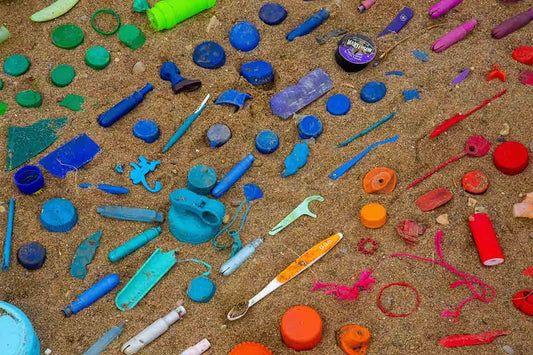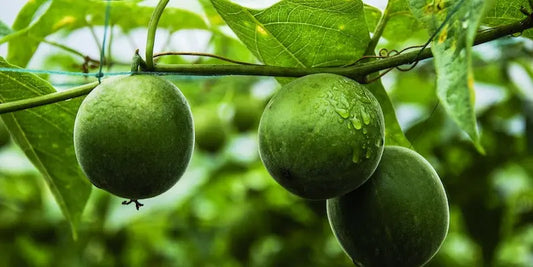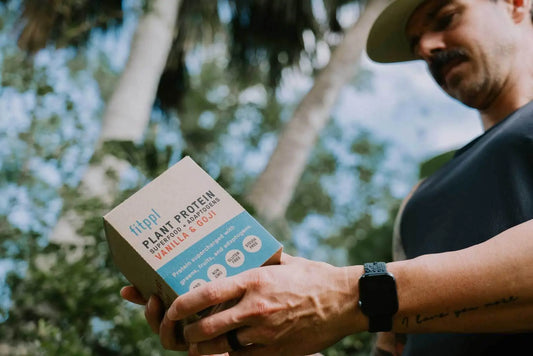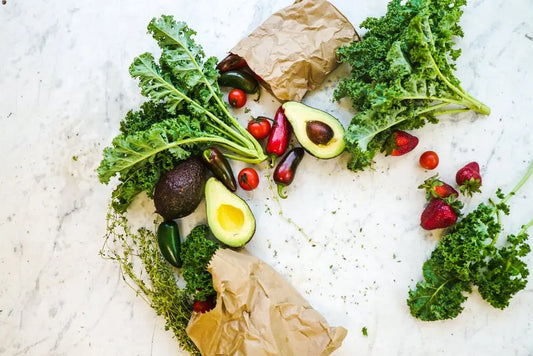How eating less meat will extend your life – and help the Earth
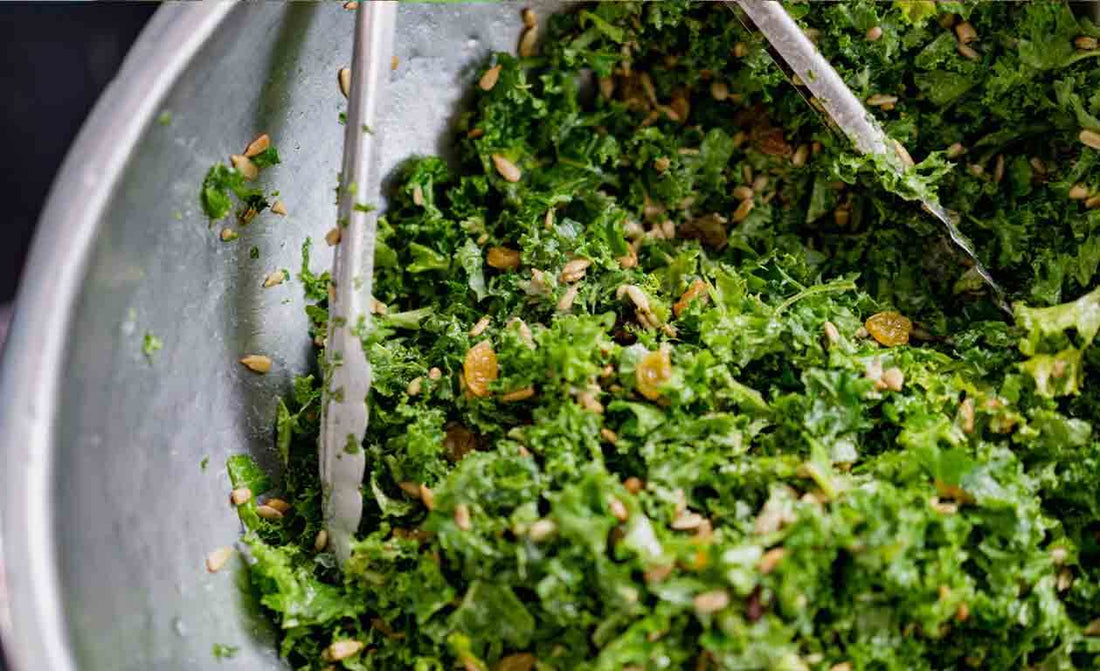
It seems like lately every time we turn around, there’s a new diet fad. Atkins wants you to eliminate all carbs, ‘Clean Eating’ wants you to villainize sugar, Paleo implores you to model your intake after a caveman’s. If you are looking to hop on a Fad Diet train to quickly drop those pesky pounds… stop reading. This is not an article about diets. This is an article about lifestyle. There is nothing compelling or particularly attractive about dramatically restricting your daily calories or limiting what kind of foods you can eat. We’re interested in moderation, healthy eating, and a healthy mindset. Eating things that are good for your body - without sacrificing taste or flavor. But we’re also interested in keeping our planet healthy and thriving. After all, it’s the only home we’ve got.
Right about now you might be thinking… how does my lunch order affect the world?
It doesn’t. Not today’s lunch order, or the pepperoni you order on your pizza to stay in on a Friday night. There will be no apocalyptic ramifications for your well-deserved indulgences or red meat cravings. But there will be dire ramifications if each of us, each inhabitant on the Earth, chooses a meat-heavy diet every day, for every meal, day in and day out. Why?
Simple math: It takes eight times as much land to feed livestock as it does to feed humans.
That means a person can live off a much smaller area of land (think Little House on the Prairie days of growing enough food to feed your family) than a cow can. They’re bigger animals with bigger appetites, therefore they need more space. Sounds fair, right? But we’re eating cows at a higher rate than we ever have…and there are many, many millions more people than there were in the days of traditional hunting and gathering. We are far past living on the land. We are now commercializing it. So where does that leave us? With 260 million acres of land that used to be forests now razed flat, being used to feed cattle. And that isn’t good, because we need forests. Not just to give our woodland friends a place to live, but to fight pollution. Which is also higher than ever before.
Worldwide, raising and maintaining livestock with the purpose of feeding humans is responsible for nearly 20% of all greenhouse gases and is one of the fastest killers of rainforests like the Amazon.
Also, because of our growing population – and therefore, our growing demand for food – about 40% of the Earth’s land surface is being used to grow food and maintain livestock. Of that 40%, around 30% is not used to grow fruits, vegetables or grains that are directly fed to human beings, but to support the chicken, pigs, and cattle that we will eventually eat. If you’re looking at your reflection right now with utter disgust, thinking about the Italian Sub you had for lunch – stop. This article is about the long-term sustainability of our planet, not about guilt-tripping the person who orders bacon on their burger. This information shouldn’t depress you, in fact, it should do the opposite: it should inspire you. You are capable of making small changes in your daily life that will change the future of our planet. You, yes you, reading this right now, slightly shaking your head in defeat, I can’t make a change. Not alone. Wrong.
The Dalai Lama once said, “If you think you are too small to make a difference, try sleeping with a mosquito.”
We are all powerful enough to affect change. By making more mindful choices, we can improve the health of our planet. Feel like grilling a pork chop? Awesome. Try to find something local, something responsibly-raised. And don’t forget to pair with an earthy Pinot Noir. Small alterations will have long-term impacts such as reducing our cost to combat climate change (think unnecessary greenhouse gases) by up to 50% in the next few decades. If we lower the demand, even by a little, there will be fewer trucks traveling long distances to deliver frozen, not fresh meat to grocery stores.
Your diet could be supporting the humane treatment of farmworkers and animals. And the earth won’t be the only one thanking you: your body will too.Less pesticides, less processing – more fresh, local, whole foods will lead to a better metabolism, better sleep, and a better feeling of overall health. Start simple: join the Meatless Monday campaign. Vow to spend one day a week (or more, if you choose) eating plant-based foods. Eggplant parmigiana? Chickpea Curry? Explore more recipe alternatives and if you share your delicious meal on social media, use the hashtag #MeatlessMonday to encourage others to do the same.


